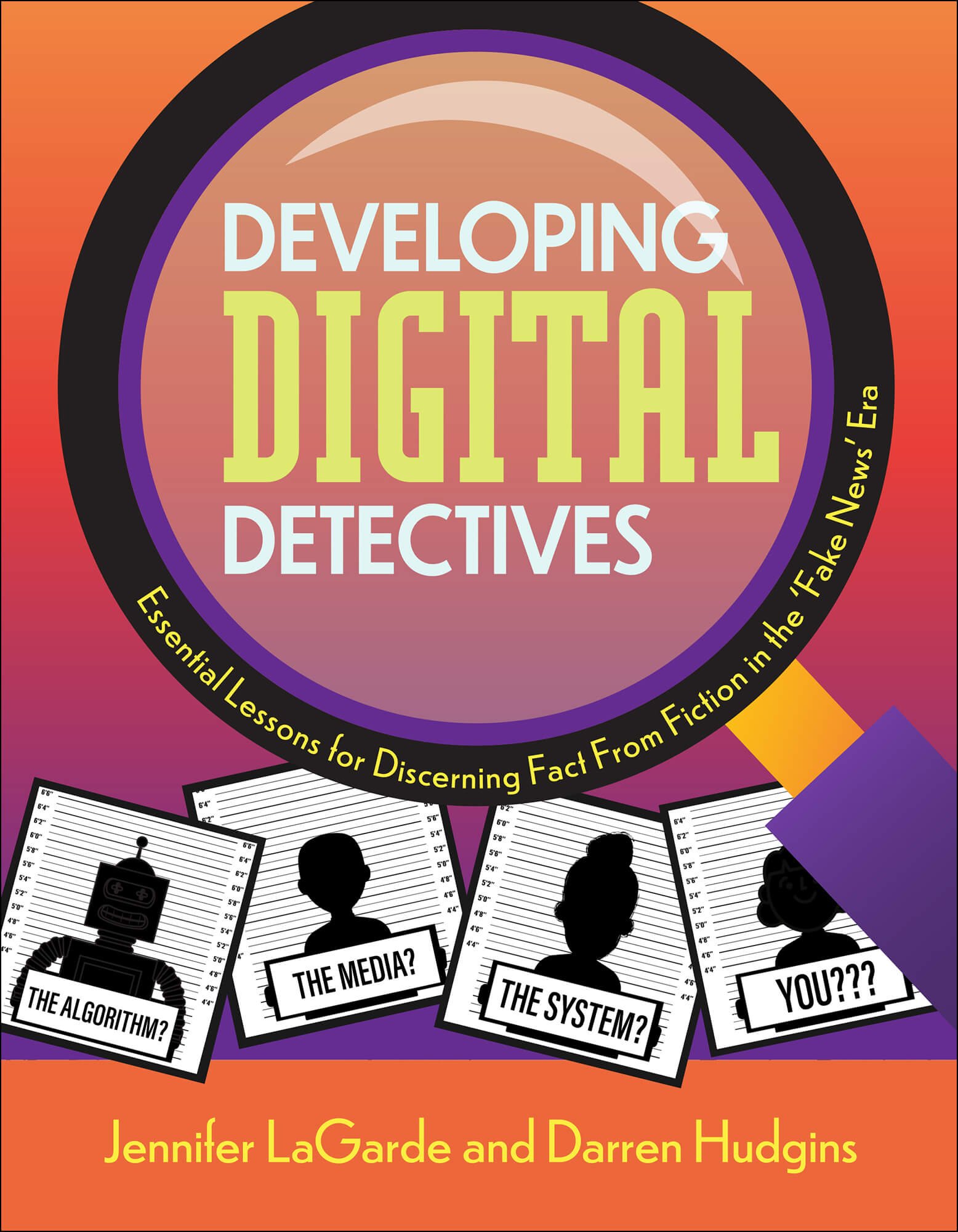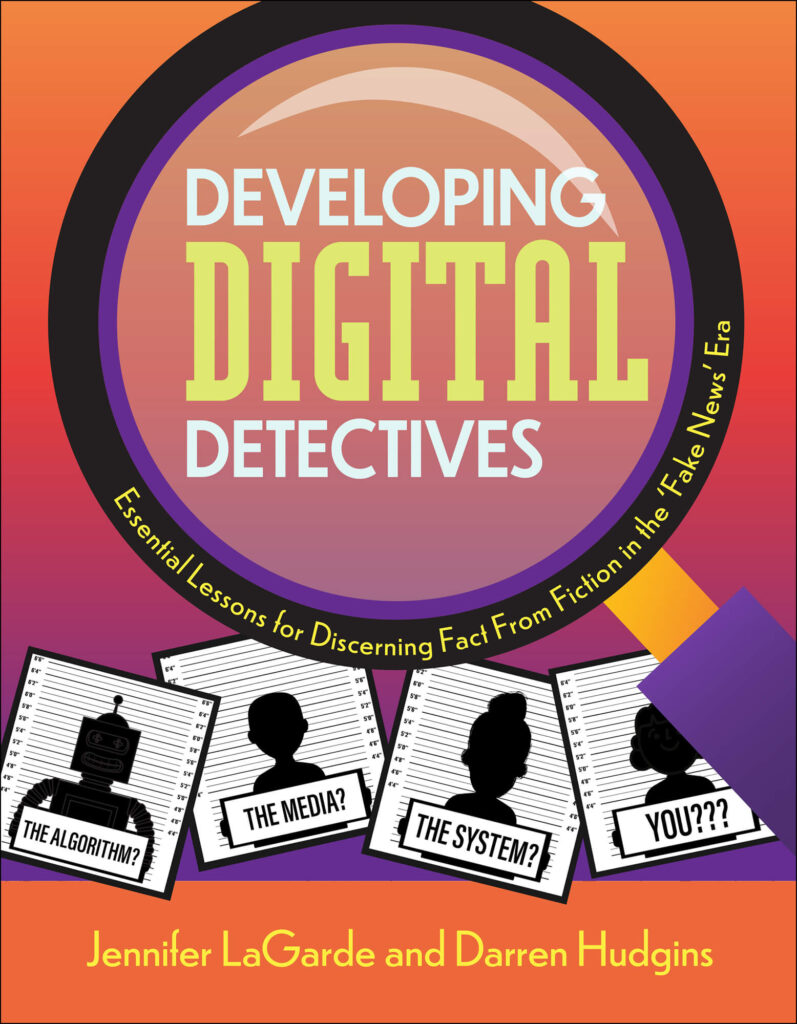How can we tackle the ongoing challenge of so-called ‘fake news’? Gianfranco Polizzi, PhD Researcher in the Department of Media at Communications at LSE, argues that we all have a responsibility to learn critical literacy to help us better to evaluate information, both on- and offline, and here sets out the responsibilities held by the different actors involved. This post was first published on the London School of Economics’ Media Policy Project Blog.
Written by: Gianfranco Polizzi, PhD Published by: The European Association for Viewers Interests (EAVI)






